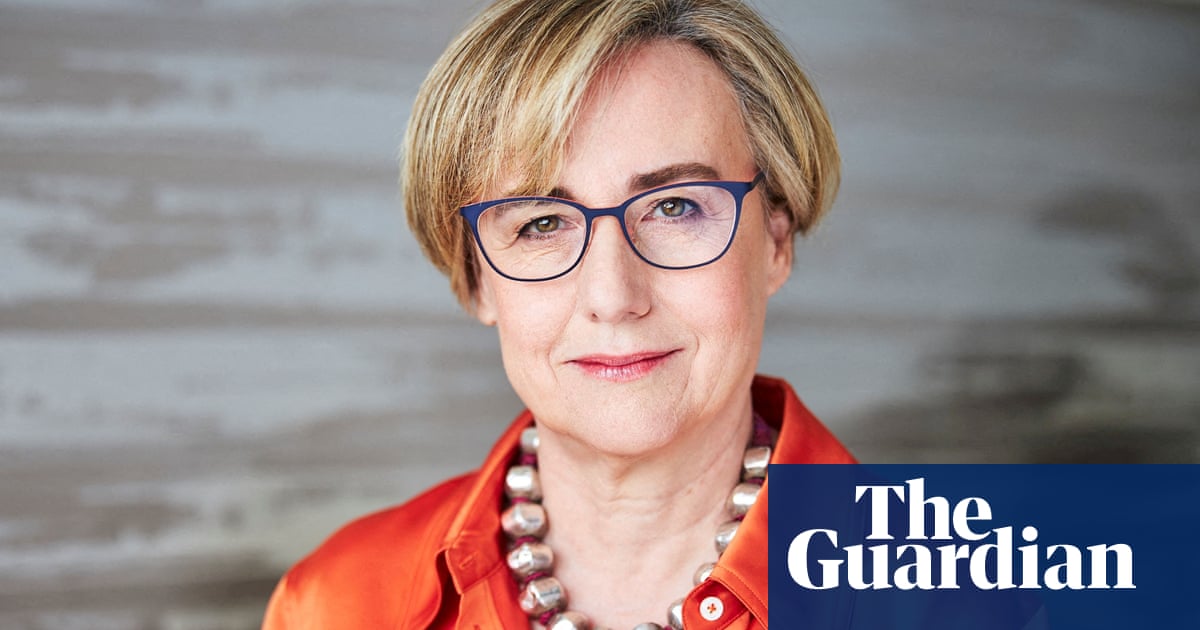The chief executive of Vodafone has said Labour will fail to achieve its promise of nationwide access to 5G, which is essential for next-generation technology such as artificial intelligence, by 2030 if the telecom company’s £15bn merger with the rival Three UK is blocked.
In its election manifesto, the government said nationwide coverage was needed by the end of the decade because the UK was falling behind other countries in terms of the investment and rollout of advanced mobile networks.
The UK ranks 22 out of 25 European countries for 5G availability and download speeds, according to research published by Opensignal in February.
“Everyone now talks about [things like] artificial intelligence, all of these things cannot happen without good networks,” Margherita Della Valle, the chief executive of Vodafone Group, told the Guardian.
“All policymakers understand now the importance of having good quality networks. Look at Labour’s manifesto, for example … nationwide 5G by 2030. There is no doubt that a catalyst is needed to get there because it’s not going to be done [by the current market].”
Vodafone’s planned merger with its smaller rival Three, which would create the UK’s largest mobile operator with more than 27 million subscribers, is being investigated by the UK competition watchdog.
In April, the Competition and Markets Authority moved to launch an in-depth investigation, citing concerns that reducing the UK’s mobile landscape from four main players to three could result in price rises for consumers.
Last year, the trade union Unite called the deal “terrible”, claiming that mobile phone bills could rise by as much as £300 a year if the merger was approved.
However, Vodafone and Three have said that the combination of the third and fourth largest players in the market is essential to drive investment and compete against the “big two”, the EE owner, BT, and Virgin Media O2, including on competitive pricing.
As part of the takeover, the companies have pledged to invest £11bn over the next decade to upgrade and expand their 5G network.
“It is a really big decision for the UK, a big industrial policy decision,” Della Valle said. “Everyone thinks about the impact on telcos [telecommunications operators]. The reality is our industry is one of a handful that impacts on many other sectors, [on] everyday life. It is critical for economic growth more broadly.”
In 2015, Three UK attempted a £10.25bn takeover of O2, which included a promise to freeze prices in order to gain regulatory clearance.
after newsletter promotion
The telecoms regulator Ofcom was an outspoken opponent of that deal, arguing that the move from four to three main players would “shift the balance of power in the market”. Competition regulators ultimately blocked the takeover.
However, two years ago, Ofcom, which feeds market data and views on takeovers and mergers to the CMA, “clarified” its stance, saying its position on future potential tie-ups would be “informed by the specific circumstances of that particular merger, rather than just the number of competitors”.
Della Valle said Vodafone, which has been intensively assessing its international businesses and last year announced the largest round of job cuts in the company’s history, said that if the merger was not approved it would be forced to cut investment further.
“We don’t have the scale to invest, especially for something like 5G across the board which is what the UK needs,” she said. “The cost [of the deal being blocked] is even more constrained investment. [The deal] is going to close between now and the end of the year but the next few months are going to be the critical ones.
“At the moment the UK has been lagging behind. By creating a third scale operator – [from] the two little guys – the merger has the ability to unlock this.”

